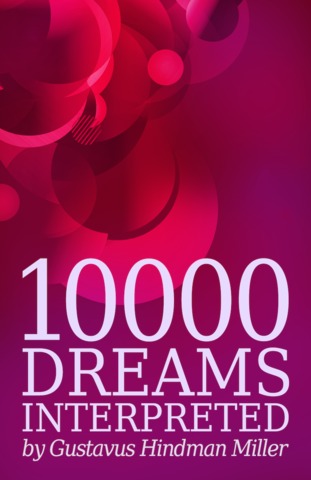Top 25 books
Check our list of most downloaded books in our App.
Scroll below
The Greatest Books of Free Books
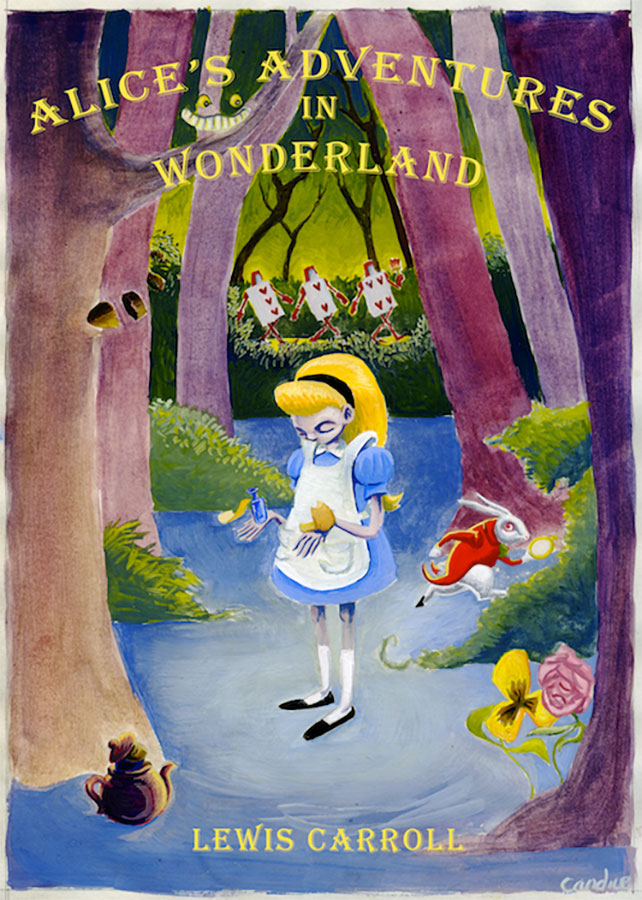
1. Alice in the wonderland
by Lewis Carroll
Alice in Wonderland-the classic tale of "literary nonsense"-was enjoyed by everyone from the stodgy Queen Victoria to the salacious Oscar Wilde. Images have remained in the zeitgeist since its creation: the Rabbit, the Cheshire Cat, the Mad Hatter, and the Queen of Hearts. It's recently been released as a 3D movie, but why not enjoy it first in stunning 2D?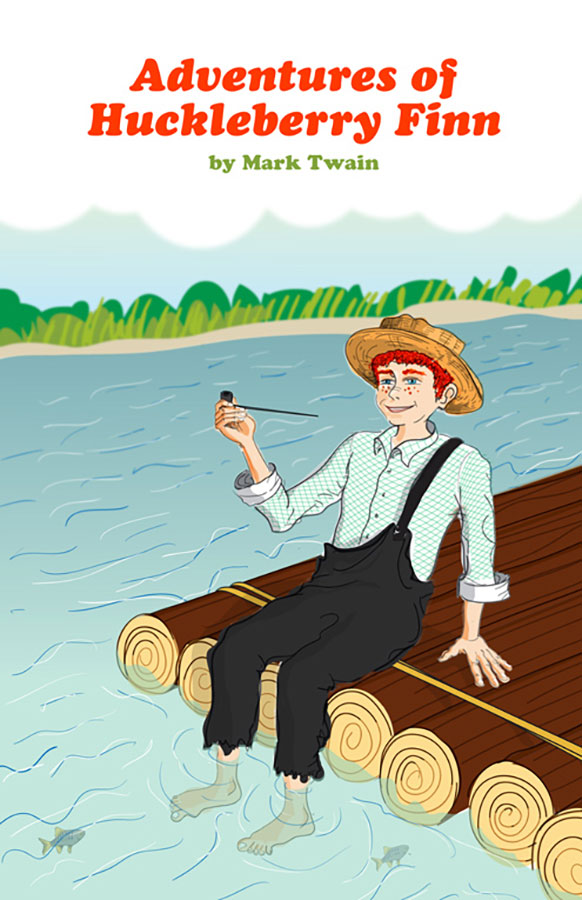
2. Adventures of Huckleberry Finn
by Mark Twain
When Henry Miller was asked if there could be a sequel to Walt Whitman's Leaves of Grass, he replied "Adventures of Huckleberry Finn." His seemingly odd response suggests the pure American-ness of Twain's masterpiece. This is one of those books that we all supposed to read in school. But did we get it? The story of a boy floating down the Mississippi river with a runaway slave that that has become the ultimate tale of freedom. Read it again for the first time.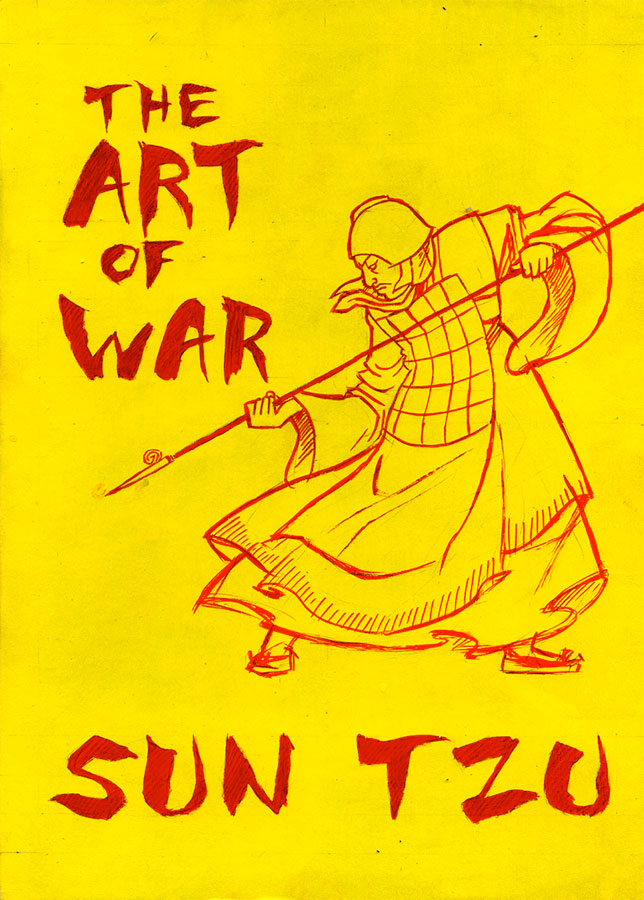
3. The Art of War
by Sun Tzu
Napoleon read it. As did General MacArthur, Mao Tse-tung, and Tony Soprano. But Sun Tzu's Art of War is more than the most influential and famous book on military strategy: it's also a great everyday read for anyone who wants to outsmart, outmaneuver, and generally crush one's enemies using techniques of speed, stealth and flexibility. This time-tested, two-thousand-year old work is a classic for getting the upper-hand from the battlefield to the boardroom.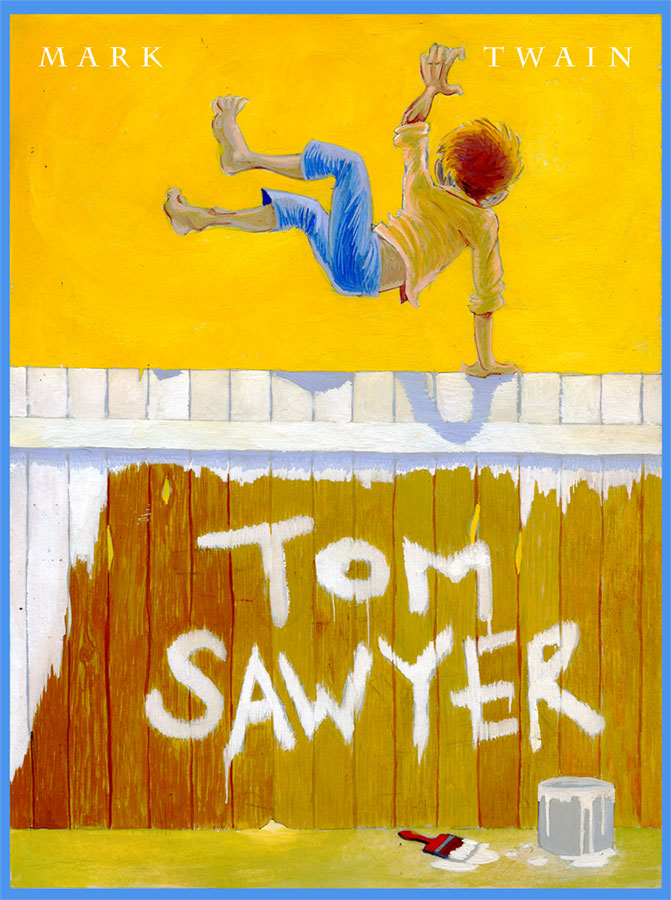
4. Adventures of Tom Sawyer
by Mark Twain
This is the classic tale of Boy meets Girl, Boy loses Girl, Boy runs off with Huckleberry Finn. The characters in Twain's Adventures of Tom Sawyer are composites of his actual childhood friends, thrown together in rollicking tale of youthful mischief and navet. Some claim this was the first literary work to be written on a typewriter, which isn't historically accurate-however, you can be the first to read it on your smart device.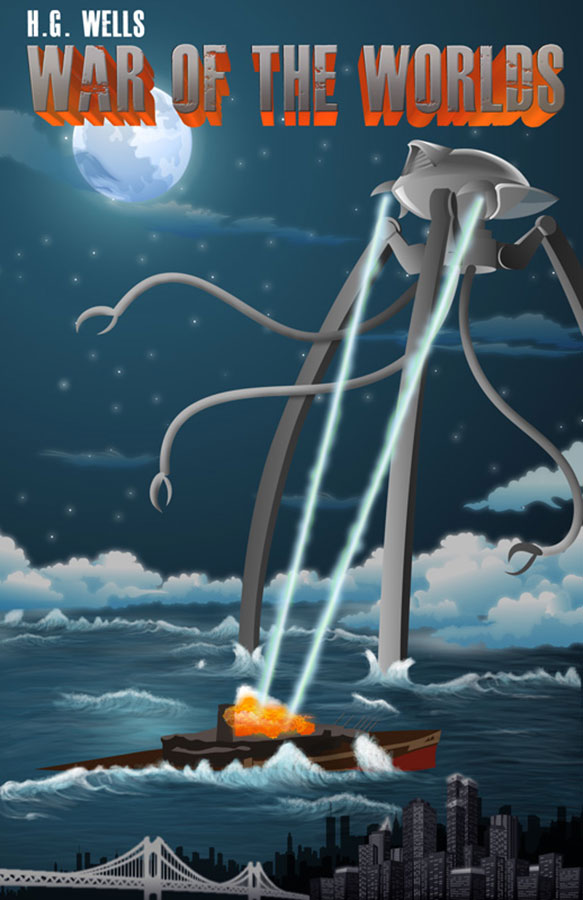
5. The War of the Worlds
by H.G. Wells
H.G. Wells coined the term "Martian" for his super-influential 1898 sci-fi classic War of the Worlds, in which England is set upon by spooky "cylinders" from Mars. At first the aliens looked pretty weak, until they busted out their gangly black-smoke-shooting tripod fighting vehicles. This book has left its mark on fiction, science, and science fiction for more than a century.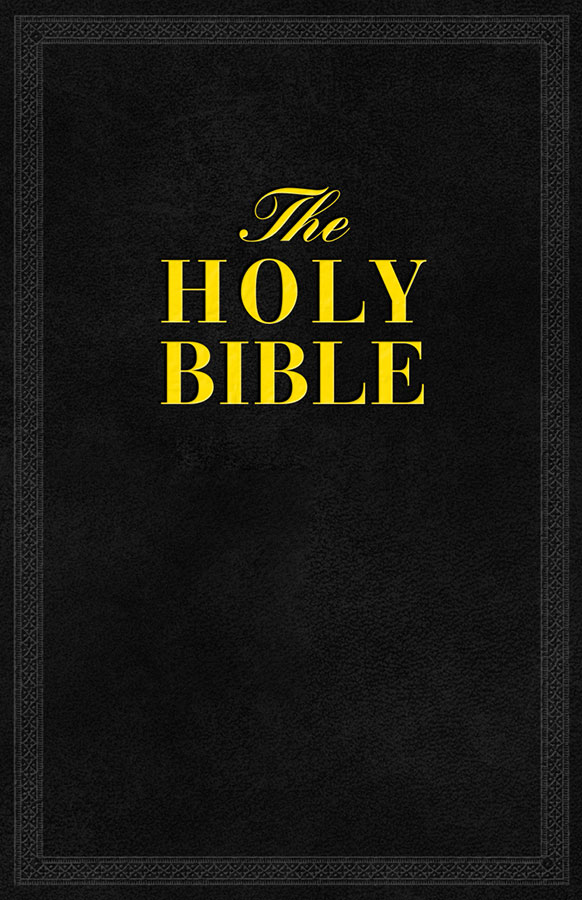
6. The Holy Bible
by Various Authors
Bible is a collection of sacred texts or scriptures. Varying parts of the Bible are considered to be a product of divine inspiration and a record of the relationship between God and humans by Christians, Jews, Samaritans, and Rastafarians. Those books included in the Bible by a tradition or group are called canonical. A number of Bible canons have evolved, with overlapping and diverging contents. The Hebrew Bible overlaps with the Greek Septuagint and the Christian Old Testament. The Christian New Testament is a collection of writings by early Christians, believed to be mostly Jewish disciples of Christ, written in first-century Koine Greek. Among Christian denominations there is some disagreement about what should be included in the canon, primarily about the Apocrypha, a list of works that are regarded with varying levels of respect.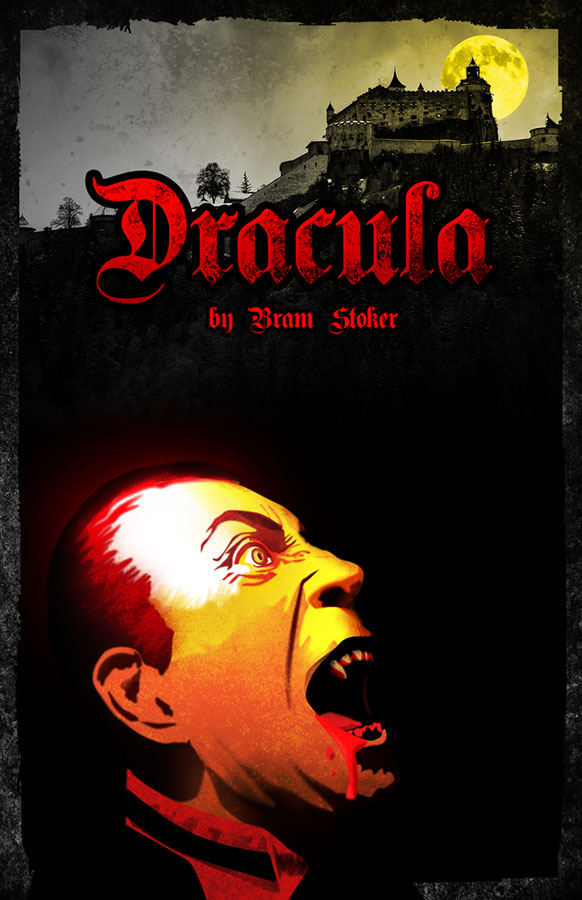
7. Dracula
by Bram Stoker
Of the countless vampire movies, books, and plays out there, Bram Stoker's Dracula is still the OG of blood-sucking monsters. Told as a series of letters and journal entries, this classic follows a young Englishman to Transylvania where he encounters his client Count Dracula. After revealing himself, the Count soon makes his way back to England on a blood-sucking tour. Chock full of lunatics, vampire dogs, beheadings, and gore, this is a timeless piece of horror.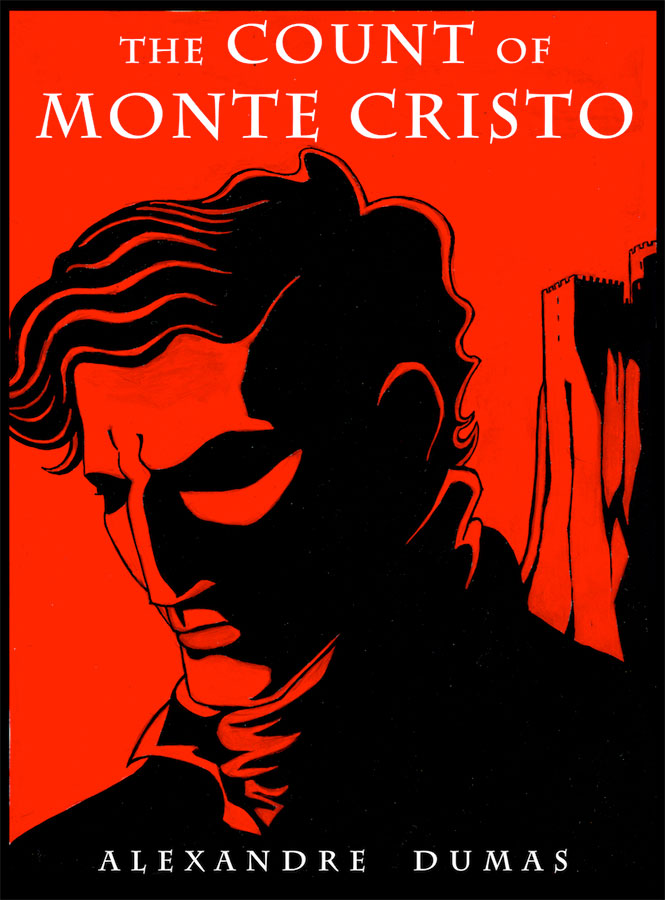
8. The Count of Monte Cristo
by Alexandre Dumas
Revenge, murder, hidden treasure, and epic adventure! Dumas' masterpiece The Count of Monte Cristo details the wrongful imprisonment of the young sailor Edmond Dantes, a character whose transformation and ultimate revenge has been the archetype for myriad Dark Heroes. Readers may require a diagram to keep track of all the characters - but then again, it is French.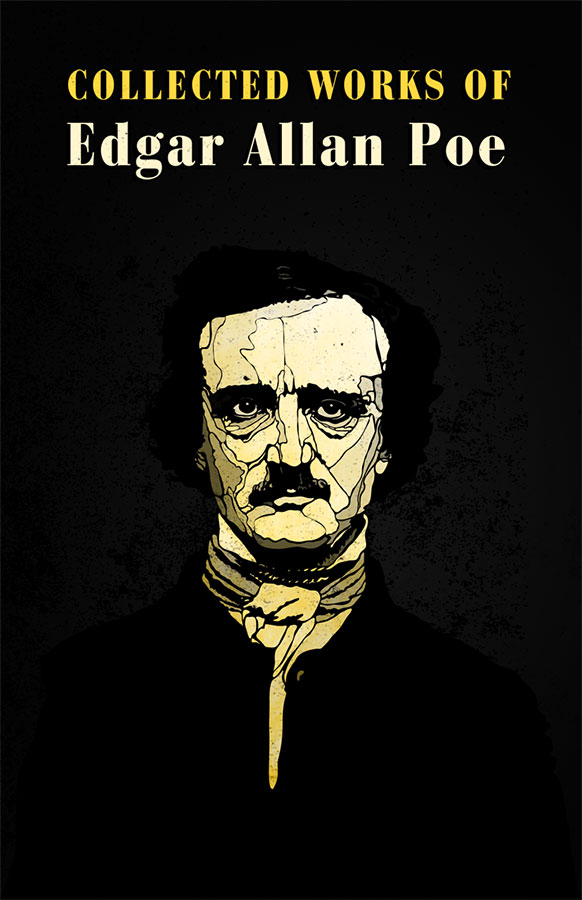
9. Collected Works of Poe
by Edgar Allan Poe
As a storywriter and poet, Edgar Allan Poe was master of the macabre and one of America's great literary geniuses. His collection of poems, short stories, and literary criticism not only helped define the horror genre, but it transcended it, and would go on to influence subsequent strains of mystery, crime fiction, and sci-fi. Poe's classic masterpieces include: "The Raven," "The Tell Tale Heart," "The Fall of the House of Usher," and many more. Poe was the first well-known American author to make a living solely by writing, which, because he lived a tormented life anyway, was something of a curse. At the time the U.S. publishing industry was a mess: publishers bootlegged British works instead of paying local authors for original work. Appropriate to the artist's life and work, Poe died at the age of 40 from unknown causes, though it's been "variously attributed to alcohol, brain congestion, cholera, drugs, heart disease, rabies, suicide, tuberculosis, and other agents."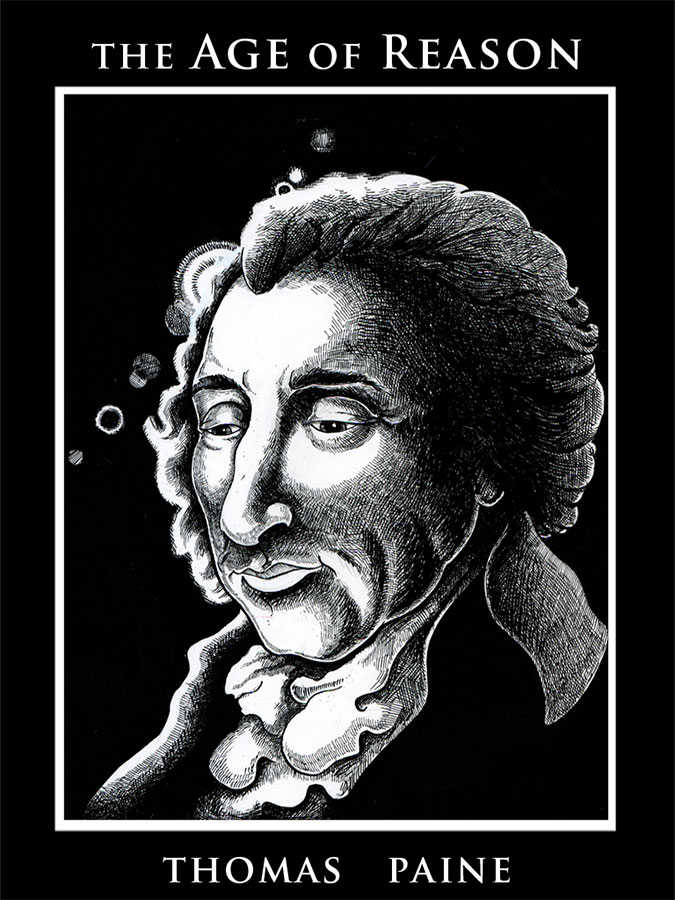
10. The Age of Reason
by Thomas Paine
If Thomas Paine were alive today he'd probably be a blogger. As a pamphleteer, he could spread his dissident ideas so cheaply and quickly that they caught on like proverbial wildfire. As with Common Sense, which helped kick off the American Revolution, The Age of Reason was an immediate hit. His irreverent skepticism regarding organized religion has influenced contemporary writers such as Christopher Hitchens, who so revered Paine that he's recently released a book about him. In it he claims that while Common Sense was crucial to American history, that The Age of Reason is his masterpiece.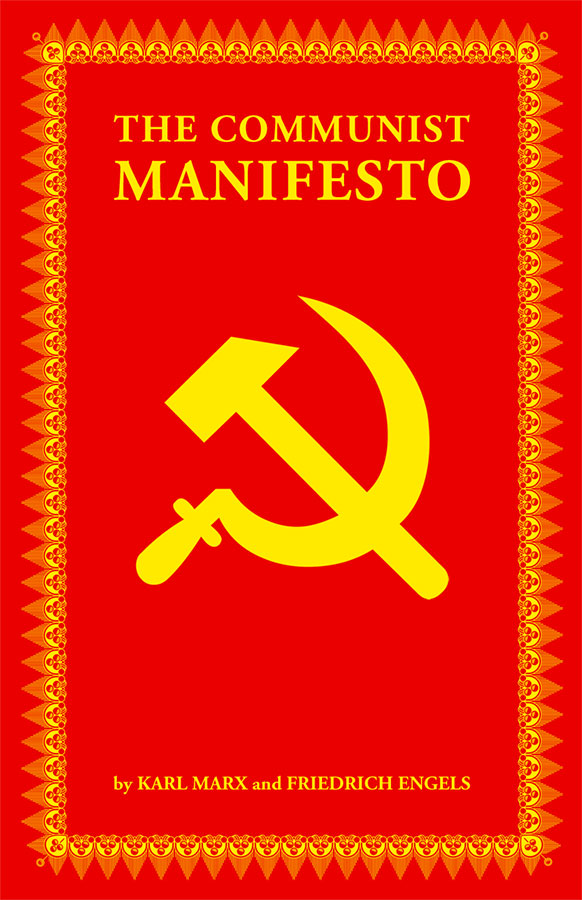
11. The Communist Manifesto
by Karl Marx
The Communist Manifesto is attributed to both Karl Marx and Friedrich Engels, though Marx gets most of the credit for writing one of the world's most politically significant documents. It details the nature of the class struggles between the proletariat and the bourgeoisie, and the problems with capitalism. It is a little cited fact that Marx's political philosophy championed democracy as a catalyst for his ideas. And since the Manifesto was written at a time when the only country in continental Europe with a real democracy was France, the philosophy seemed pretty radical. What we know as Communism today was a byproduct of Stalin and Lenin's version of Marx's ideas. Among these are a progressive income tax, universal education, the abolition of child-labor, centralization of the means of transport and communication... so, basically France. Marx and Engels' work can be seen as a naive worldview that would later be corrupted by one side and demonized by another. So read the Manifesto in its original state and come to your own conclusions.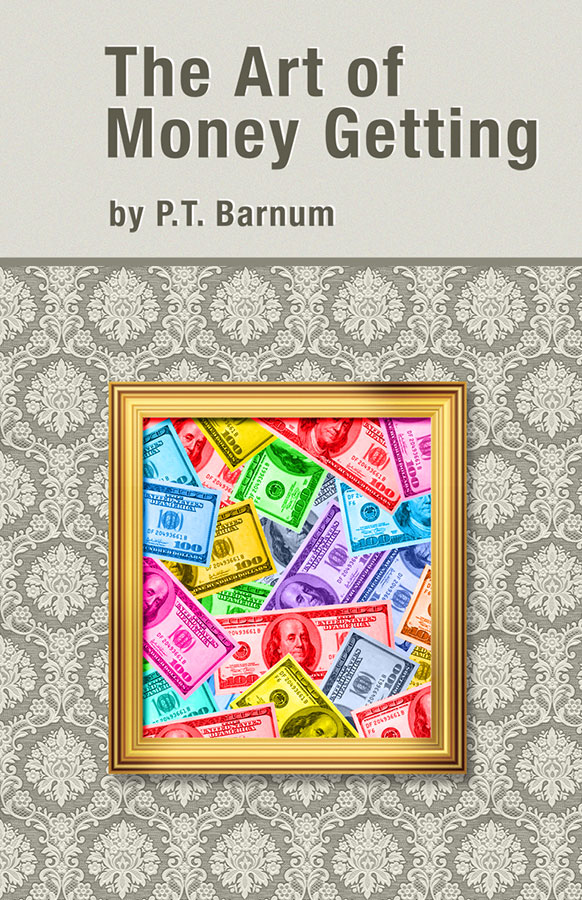
12. The Art of Money Getting
by P.T. Barnum
It's a shame ole P.T. Barnum gets pegged with saying "There's a sucker born every minute," not simply because he never said it, but because he seems like a pretty stand up guy. You'll get the sense of his wisdom and level-headed business savvy in his short and sweet The Art of Money Getting. It's as relevant today as it was in 1880.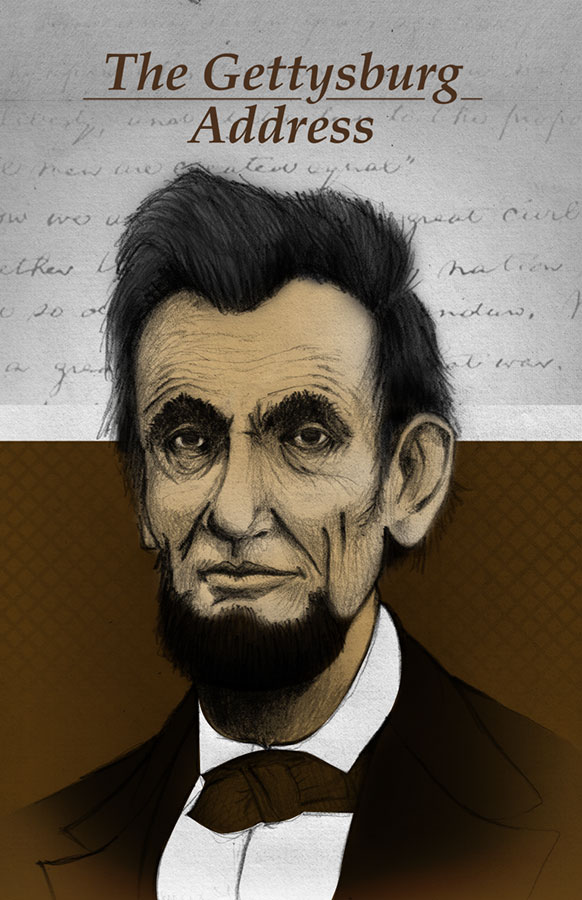
13. Gettysburg Address
by Abraham Lincoln
At Gettysburg, the famous Civil War battleground, Abraham Lincoln said: "The world will little note, nor long remember, what we say here, but it can never forget what they did here." This is something of an ironic statement, given that everyone remembers the famous line "Four score and seven years ago," but many don't remember what the Gettysburg Address is actually about. It's three paragraphs long, so do your civic duty and read it again.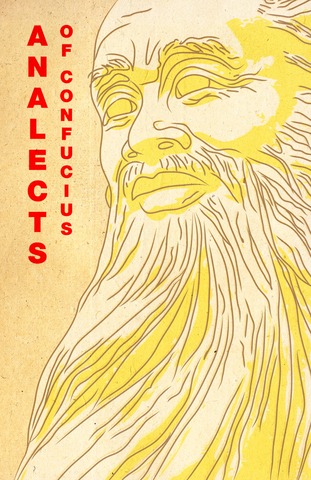
14. The Analects of Confucius
by Confucius
The Analects are a record of the deeds and wisdom of China's primary philosopher Confucius, who lived during the 5th century BC. Much like Socrates, whose wisdom was later recorded by Plato, Confucius' life and thoughts were studied and recorded by his disciples and passed on, and it continues to influence the moral and philosophical landscape of China, Korea, Japan and Vietnam today. The Analects represent a central body of philosophy that have been studied by every Chinese scholar for the last few millennia: for "a man was not considered morally upright or enlightened if he did not study Confucius' works." To read them is to better understand the underpinnings of Eastern social, moral and philosophical thought. In the words of Confucius: "To quietly persevere in storing up what is learned, to continue studying without respite, to instruct others without growing weary - is this not me?"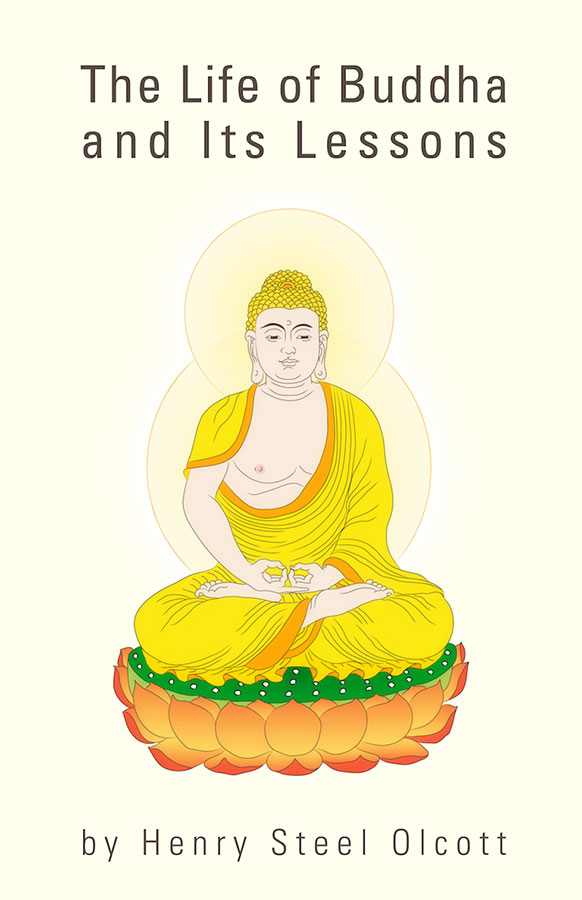
15. The Life of Buddha and Its Lessons
by H.S. Olcott
If Thomas Paine were alive today he'd probably be a blogger. As a pamphleteer, he could spread his dissident ideas so cheaply and quickly that they caught on like proverbial wildfire. As with Common Sense, which helped kick off the American Revolution, The Age of Reason was an immediate hit. His irreverent skepticism regarding organized religion has influenced contemporary writers such as Christopher Hitchens, who so revered Paine that he's recently released a book about him. In it he claims that while Common Sense was crucial to American history, that The Age of Reason is his masterpiece.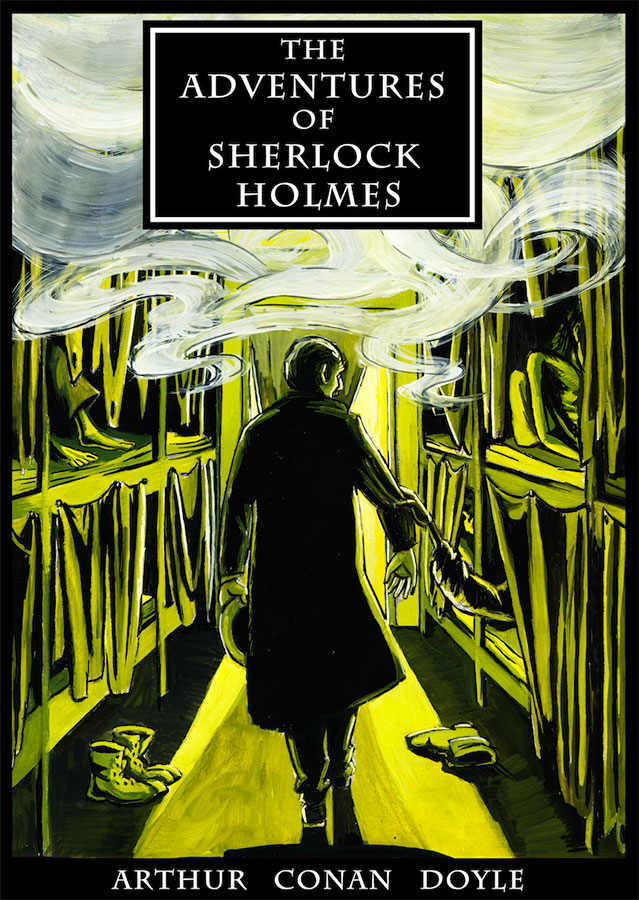
16. The Adventures of Sherlock Holmes
by Arthur Conan Doyle
The Adventures of Sherlock Holmes is a collection of 12 short stories by Arthur Conan Doyle, the first in a series of 56 stories that essentially launched the genre of crime fiction. Like many works of literary art, the original is the best and most popular, which some argue is the case with Doyle's collection. The stories from this collection are: A Scandal in Bohemia, The Red-Headed League, A Case of Identity, The Boscombe Valley Mystery,The Five Orange Pips, The Man with the Twisted Lip, The Adventure of the Blue Carbuncle, The Adventure of the Speckled Band, The Adventure of the Engineer's Thumb, The Adventure of the Noble Bachelor, The Adventure of the Beryl Coronet, The Adventure of the Copper Beeches. Take it from the master detective himself: "It is a capital mistake to theorize before one has data. Insensibly one begins to twist facts to suit theories, instead of theories to suit facts." So get your facts straight and enjoy these classic stories of Sherlock Holmes.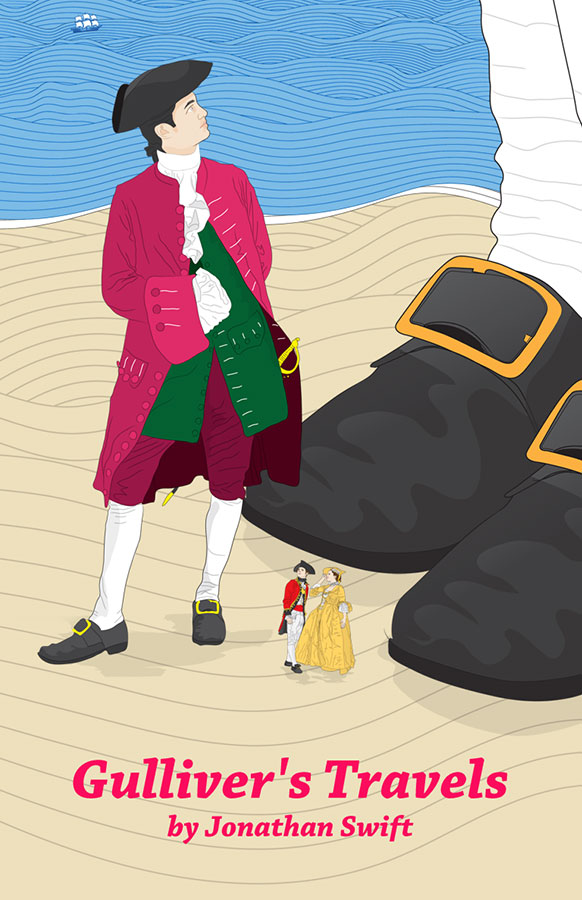
17. Gulliver's Travels
by Jonathan Swift
To this day, the classic Gulliver's Travels places Jonathan Swift as the master of both parody and satire. Fifteen years in the making, his book was published anonymously due to fear of prosecution. And rightfully so, as it basically made fun of everyone: the State, the Church, Big Science and the Aristocracy. It was an immediate smash hit. If Swift were alive today he'd probably be writing for Southpark. This tale in four parts depicts shipwrecked castaway Lemuel Gulliver, who encounters the diminutive Lilliputians, the giants of Brobdingnag, the impractical scientists of Laputa, the philosophical horselike Houyhnhnms, and the base humaneseque Yahoos. Besides generating a few unwieldy SAT words (Lilliputian, Brogdingnagian), Gulliver's Travels delves fantastically into the nature of man: exploring good vs. evil, optimism vs. misanthropy, and whether human corruption is innate or learned over time.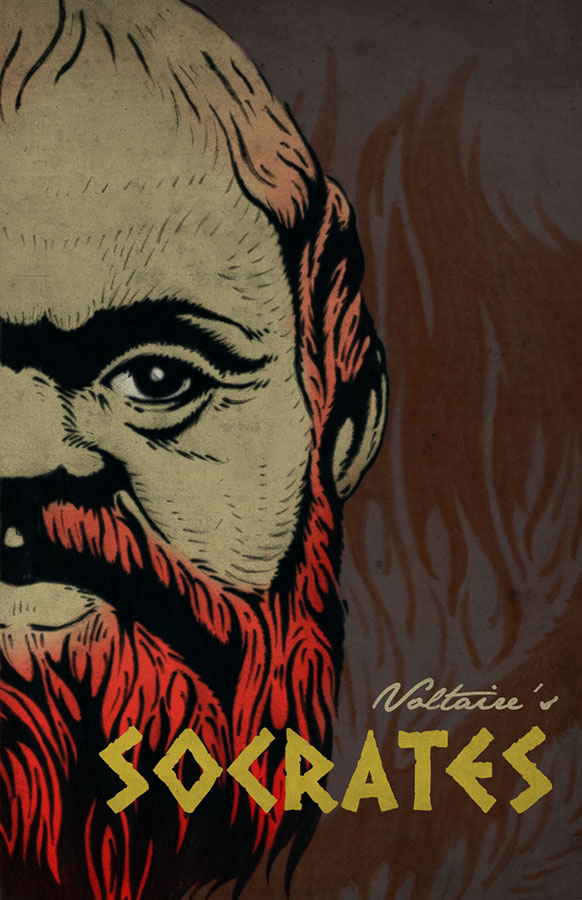
18. Socrates
by Voltaire
Franois-Marie Arouet, aka Voltaire, was arguably the 18th century's greatest philosopher, but he was also a great novelist and playwright. In his play Socrates, Voltaire embodies the ancient philosopher's stodgy persona to expound on notions of Deism and condemn his fellow Athenians. Don't go looking for factual accuracy in this work, as the Voltaire took his fair share of artistic liberties. But if you're looking for Voltaire's classic satire-generally insulting organized religion and government-this is your play.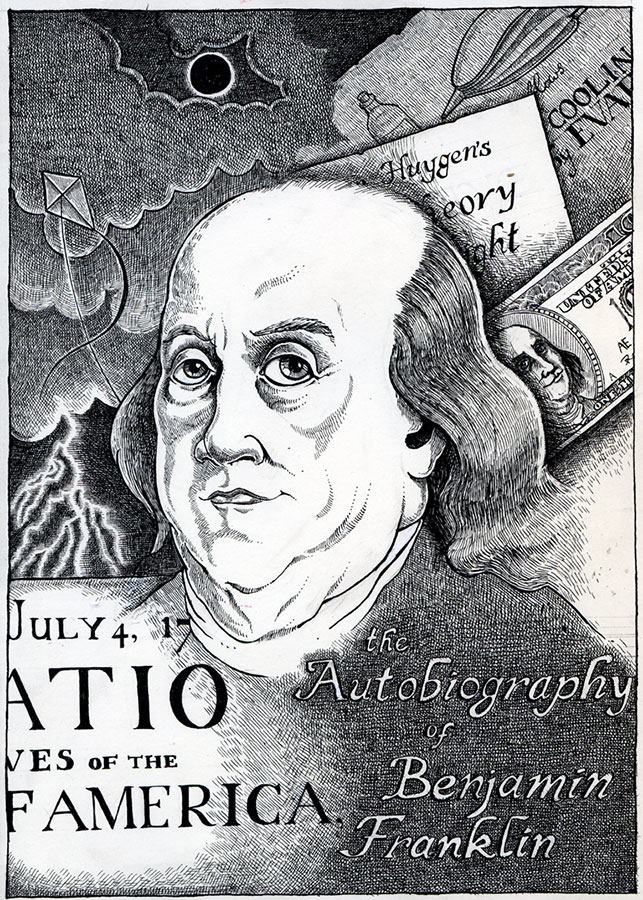
19. Autobiography of Benjamin Franklin
by Benjamin Franklin
It sounds like a joke, but if you look up Autobiography in Wikipedia you get the front cover of Benjamin Franklin's autobiography-that's how famous it is. Considered one of the first real autobiographies in American literature, Ben's "memoir" as he called it began as a collection of anecdotes for his son, but was later transformed into a complete book. Get down with one of America's best-loved forefathers in his renowned autobiography.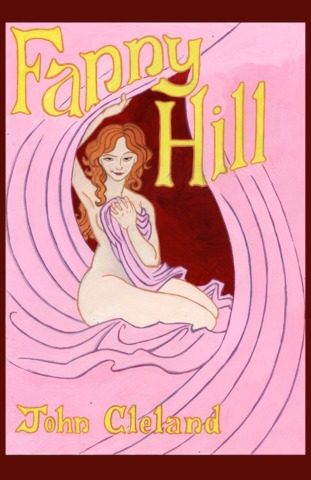
20. Fanny Hill
by John Cleland
Often with banned books the publication story is as interesting as the book itself, and Memoirs of a Woman of Pleasure, or Fanny Hill as it became known, is no exception. It was penned by John Cleland in 1748 while he was in debtor's prison in London. Considered "the first original English prose pornography," Fanny Hill was denounced for "corrupting the King's subjects," and once it was outlawed, it became a widely pirated book. This act would lead the trend that there's nothing better for sales than to get banned. The story is written as a series of letters from the young Fanny Hill, who loses her parents at the age of 15 and is pushed into a life of lasciviousness. The actual contents of Fanny Hill might seem tame by today's standards, but what sets it apart is its delightful prose and well-wrought story line. So close your blinds and fire up the iPad for some Age of Enlightenment smut.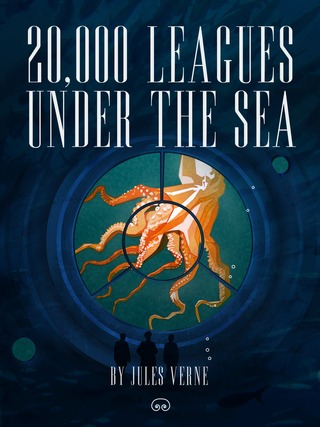
21. 20,000 Leagues Under the Sea
by Jules Verne
Perhaps we saw the 1950's movie with Kirk Douglas, or maybe we had the snot scared out of us on the Disney World ride as kids-regardless, 20,000 Leagues Under the Sea is indelibly etched into the collective memory. The original by Jules Verne was published in 1869 when submarines where in their infancy: once again Verne predicts much of what will come technologically. The crew of an American ship sets off to investigate a giant sea monster, only to find it, fight it, and then realize it's a submarine. It's called the Nautilus, and was built by the mysterious Captain Nemo. Fortunately he lets the multinational crew live long enough to go exploring with him. Until, like many mad scientist types, he gets bored of his quarry and goes a bit nuts. One last thing: don't let the name 20,000 Leagues Under the Sea fool you. 20K leagues is over two and a half times the circumference of the Earth. The title refers to the total distance they traveled: 20,000 leagues. Enjoy!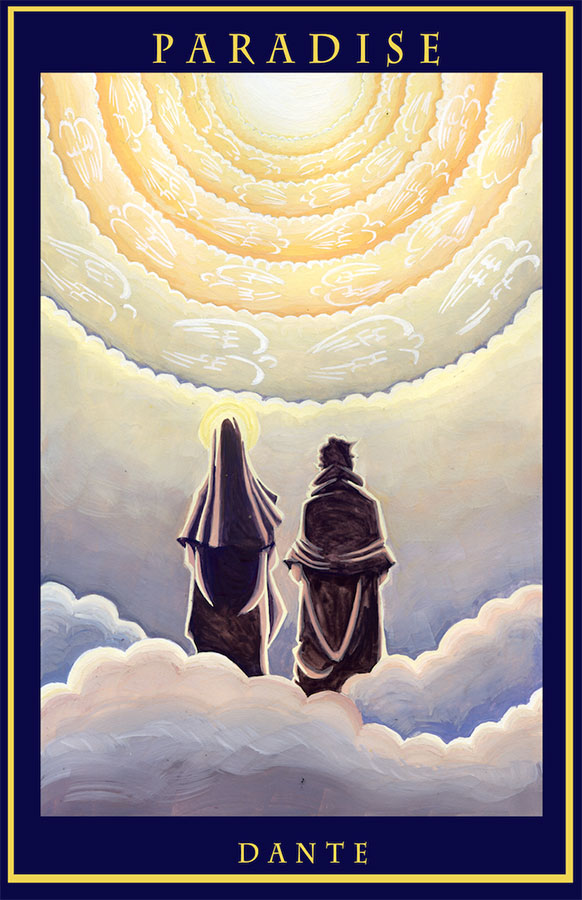
22. Divine Comedy: Paradise
by Dante Alighieri
Though it sounds like a seedy nightclub, Dante's Paradise is the third and final part of Dante Alighieri's Divine Comedy. It's an allegorical tale detailing Dante's journey through the rings of heaven. His tour guide is Beatrice, who was a childhood friend and unrequited love of Dante's in 14th century Florence. Virgil, who led the author through the rings of Hell, couldn't come along on this trip because he was a pagan. Dante travels through the nine spheres on his way to Empyrean which is where God lives. The spheres are represented by the Moon, Mercury, Venus, the Sun, Mars, Jupiter, Saturn and various stars, and roughly correlate to what was known of astronomy at the time - plus a healthy dash of astrology. Minus Satan and all the molten souls, Empyrean (Heaven) seems remarkably like Hell. In Greek empypreus means "in or on the fire," and it has the same origins as words which mean the "characteristic smell of burning or charring vegetable or animal matter." So, according to Dante, either way you go you're cooked. Personally I'm shooting for Purgatory.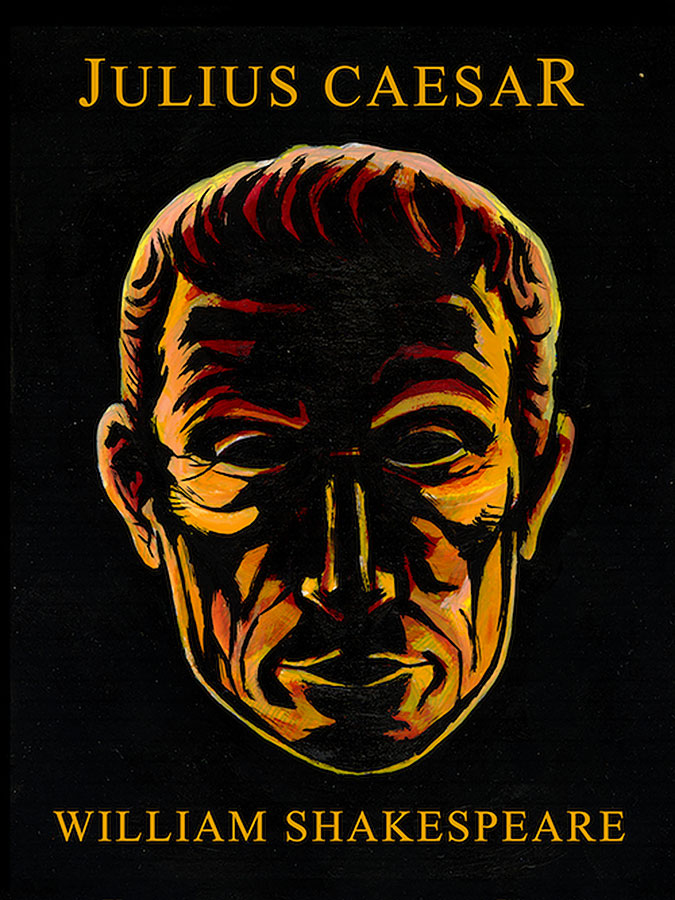
23. Julius Caesar
by William Shakespeare
Shakespeare's play Julius Caesar is a tragedy portraying the assassination of Caesar and its aftermath. As in much literature, the worries of the day were dramatized using history as a model - in this case Shakespeare encapsulated the fears that Queen Elizabeth hadn't named a successor and that civil war would result. What makes Julius Caesar timeless, like so many of Shakespeare's plays, are the psychological complexities at work: the characters - such as Brutus - are not simply good or evil; rather they are rendered as flawed humans plagued by their conscious and led to action by their emotions. And because it's a Shakespearean tragedy, just about everyone in Julius Caesar ends up dead at the end.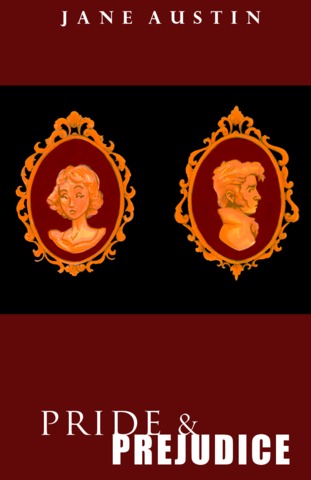
24. Pride and Prejudice
by Jane Austen
A masterpiece of English literature, Jane Austen's Pride and Prejudice follows the life of Elizabeth Bennet as she maneuvers the obstacles of society: manners, morality, education and marriage in early 19th century England. Elizabeth is a classic heroine of that period - she's bright, magnanimous, full of good sense, and she can deliver a verbal lashing while remaining perfectly proper. What better a playing field for drama than a wealthy father with three daughters in 19th century England? It's a battle of the sexes played out in brilliant detail, with unforgettable characters and exceptional dialogue. It has sold more than 20 million copies, and has been on the top of the heap of the best books of all time since its publication.